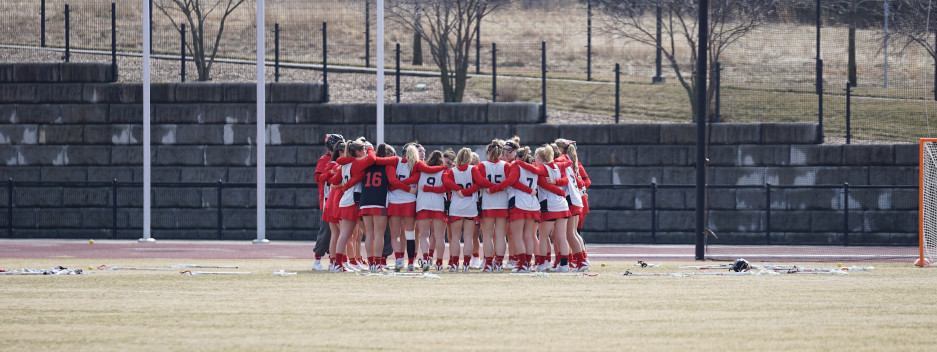The Power of an Introduction
- March 16th, 2020
- Matt Morrison

Don't underestimate the start of a session. An introduction is an important element to a complete training session. We discuss why you should place importance on this and what you can say in order to get your training session off to the best possible start.
Firstly, this can't happen when players are spread out over the pitch, bring them in together as a group. You might not get too much time together as a team and players will want to get stuck into training so keep your intro concise and engaging.
Here's why you should kick off with an introduction.
Set the Tone
You're here to train. It's great for players to catch-up with each other or do their own thing for a bit but when you start your intro, that indicates to them that it's time for them to dial in. If you still have players dawdling about when it comes to starting your first drill, they are likely to carry this into that drill and who knows when they'll shake it off. An introduction can be the time where they switch on and head into the first drill ready to work.
Don't Waste Time
Precious minutes can be lost at the start of the session. Don't let this happen! You probably don't get very long together to practice in between matches, therefore you need to make the most of the time that you do have. An introduction can help gather your players together and save time organising and explaining going into the first drill.
Also, be consistent with your introduction start time. Players know what time they need to be there, so don't let latecomers delay the start of it. For the same reason that other factors might delay the start to training, keep your words short but sweet. Spend too long on it and you could have lost 10 minutes before you get going on drills.
Here's how you can fill the time...
Review
After the dust has settled from a game and you've had time to reflect on your team's performance, the start of training is a great time to give feedback and discuss what went well and what could have been done better.
This doesn't have to all come from you, invite your players to have their input and share their feelings on how the team performed. This will help you understand what they thought of their own performance and if your thoughts match up. Reviewing can lead onto what you might be doing in the upcoming session to correct mistakes or build on a strong performance.
Give it Meaning
What do you want your players to get out of the session? It might be mastering a specific skill, rectifying something that didn't go well in a match or just to ensure they go away with a smile on their faces. Tell your players this! You're then both on the same page and both working towards a common goal. On top of this, go over the drills that you are going to cover in the session, why you have chosen these drills and how these drills will help you to achieve the session goal.
If you haven't given your training session a meaning, players can leave unfulfilled. Let them all leave feeling like they have achieved something and there was a reason that you put that session together for them.
Recognise Achievements
One of your players might have reached a landmark in number of appearances or goals scored, don't let this go unnoticed. It should be celebrated. It can also be someone that you thought put in a good performance, who doesn't usually get all the accolades. This can build a positive environment and will set the training session off in the right manner.
Try to share the recognition out amongst your team every time you do this, don't let it be the same players you are calling out, otherwise this could start having the opposite effect. This doesn't just have to stop at someone's performance on the pitch, you can also recognise someones achievements off it.
An introduction is a small but powerful element to any session and can have a big impact on the way the rest of the session plays out. Try adding an intro and see how it can give your training a boost!